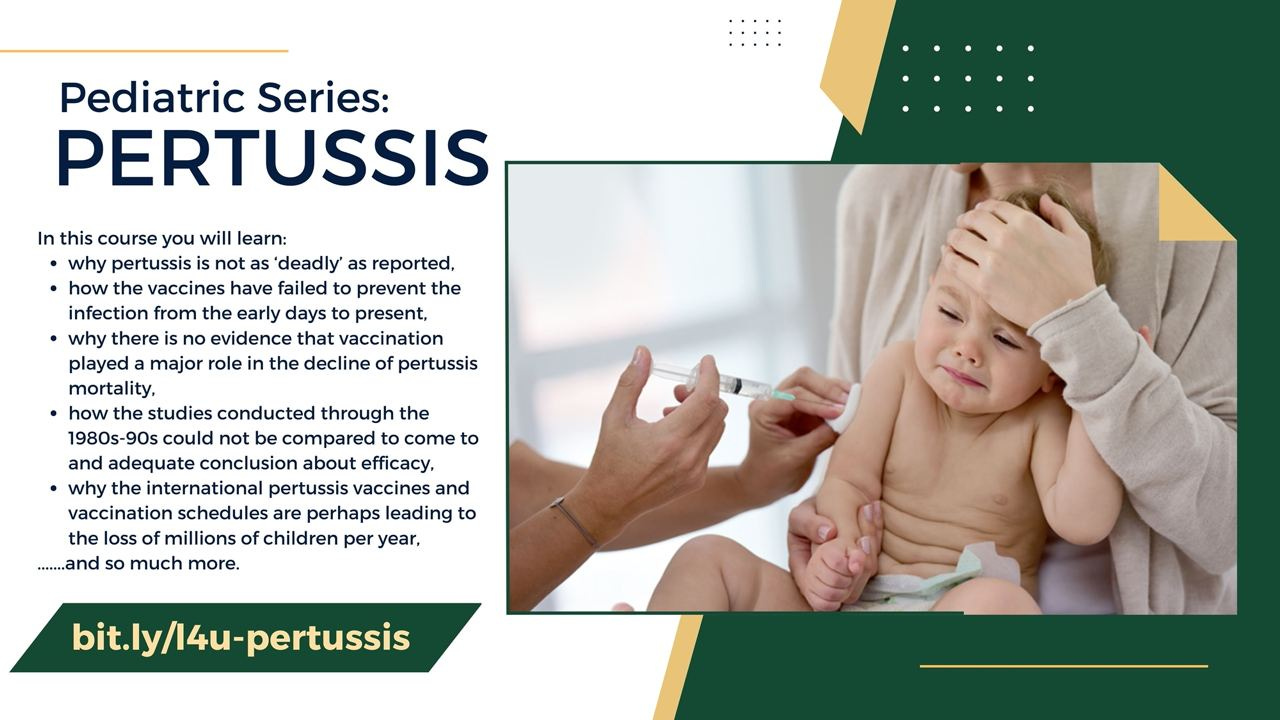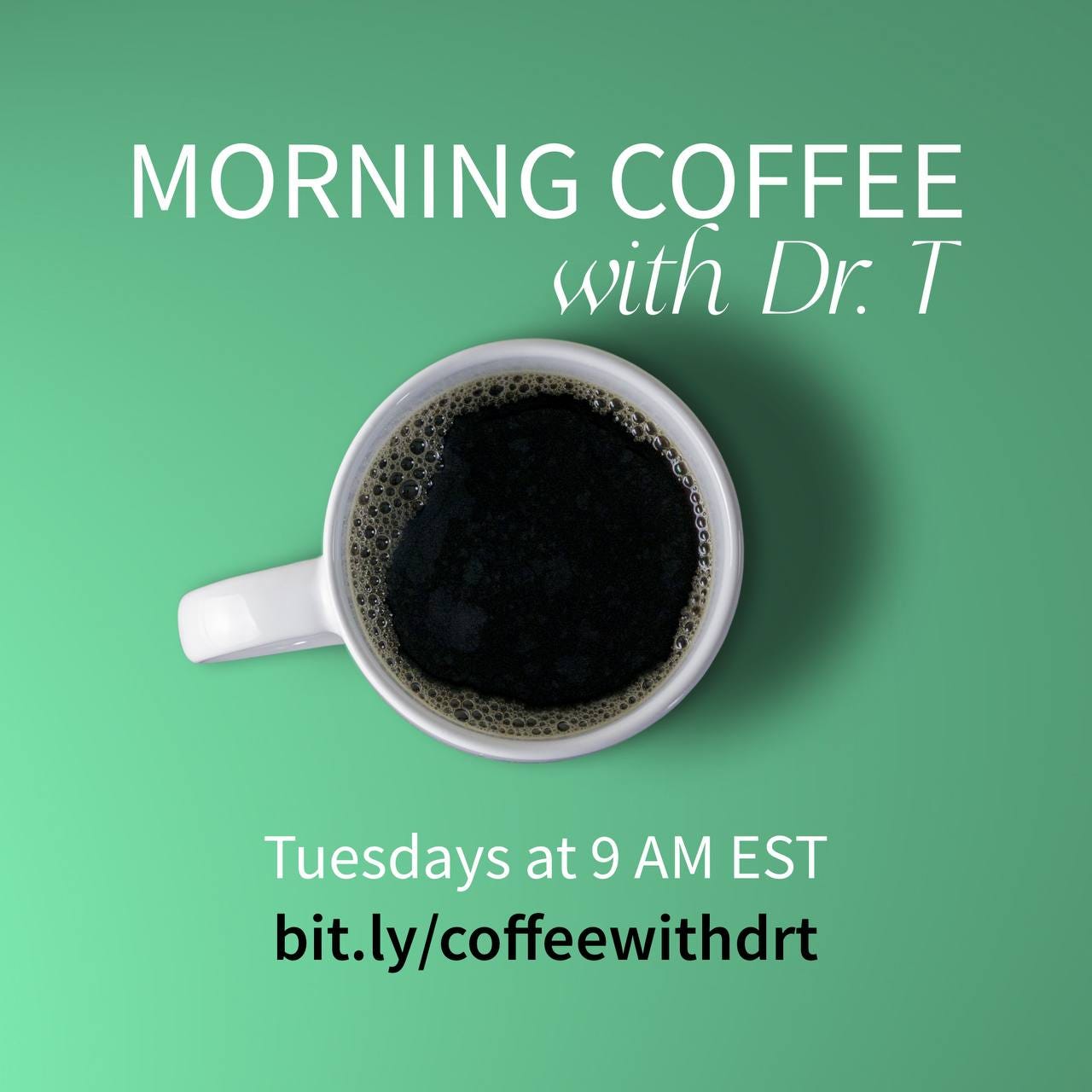The Next Billion Dollar Vaccine Deal, Part 2
RSV vaccines for Pregnant Women and Newborns
Last week I posted a substack on the newly approved RSV vaccines for adults. If you missed it, you can find it here. A few additional notes about RSV vaccines for adults:
March 2023 - Johnson and Johnson (J&J) stopped its phase III clinical trials for its RSV vaccine.
May 2023 - GlaxoSmithKline (GSK) last year stopped a late-stage clinical trial of its RSV vaccine in pregnant women due to an elevated risk of premature birth and associated neonatal deaths in the babies born prematurely. In the GSK trial, premature birth was 38% more likely in the vaccinated pregnancies than in the placebo group.
July 2023 - Bavarian Nordic ends RSV vaccine program after poor trial results, only demonstrating a 42.9% efficacy for preventing severe lower respiratory tract illness. Ending the program means the company will no longer be eligible for 195 million kroner ($28.9 million) in milestone payments from its Chinese partner, Nuance Pharma, which had planned to launch the RSV vaccine into Asian markets this fall.
This week, Eye on the Evidence is taking a look at the new RSV vaccines that will target newborns, toddlers, and pregnant women.
What is RSV?
Respiratory syncytial (sin-SISH-uhl) virus, or RSV, is a common respiratory virus that usually causes mild, cold-like symptoms. According to the CDC, RSV is the most common cause of bronchiolitis (inflammation of the small airways in the lung) and pneumonia (infection of the lungs) in children less than 1 year of age in the United States. In fact, RSV is SO common that almost all children will have had an RSV infection – and acquired natural immunity - by the time they are 2 years old.
It’s been a big summer for RSV vaccines. In May, two new adult RSV vaccines were released. Both are for adults over 60 years of age. GSK released Arexvy and three weeks later, the FDA approved Pfizer’s RSV vaccine for adults. Abrysvo. Both of these were discussed in detail in last week’s substack.
Pregnant Women
Sandwiched in between those two RSV vaccine approvals for adults, an FDA panel voted on May 18, 2023, that data supported the efficacy and safety of a candidate maternal RSV vaccine for pregnant women; the plan is that by injecting moms when pregnant, infants aged up to 6 months will be protected.
According to an article on The Lancet Microbe (the full study published in The New England Journal of Medicine):
The maternal vaccine, assessed in an international, phase 3, randomized trial of women at 24 to 36 weeks’ gestation. The vaccine was given to 3,682 participants, with 3,676 receiving ‘a placebo.’ Medically attended severe lower respiratory tract illness occurred within 90 days after birth in 6 infants of women in the vaccine group and 33 infants of women in the placebo group. Vaccine efficacy was calculated to be 81.8%
Additionally:
Medically attended RSV-associated lower respiratory tract illness is defined as RSV-positive respiratory illness in which the patient was seen in a physician's office, an emergency department, or a hospital. In the study, medically attended RSV occurred within 90 days of birth in 24 infants of women in the vaccine group and in 56 infants of women in the placebo group (vaccine efficacy, 57.1%). These results did not meet the statistical success criterion...
The incidences of adverse events reported within 1 month after injection or within 1 month after birth were similar in the vaccine group (13.8% of women and 37.1% of infants) and the placebo group (13.1% and 34.5%, respectively).
These stats make me wonder what was actually in the ‘placebo injection.’ Not surprising, the placebo’s identity is not found anywhere, not even at ClinicalTrials.gov, where the study design was outlined.
At the same time, FDA advisers expressed frustration that Pfizer’s final phase 3 trial wasn’t large enough to know whether the increased rate of preterm labor in the vaccinated group compared with the placebo group—5.7% versus 4.7%—was statistically significant.
FDA will need make a final decision in Auguts whether to license the vaccine, calledRSVpreF, for pregnant women. I suspect it will be approved, even without adequate research. The FDA does what its Boss (big pharma) tells it to do. The FDA needs to keep its paychecktoo.
FDA’s budget from FY 1992 through FY 2020 and the relative portion of the budget that is made up of user fees versus budget authority. We see that FDA’s budget has risen over time, with the greatest increases due to user fees, rather than increases in budget authority [from Congress]. Specifically, FDA’s budget has grown from just under $1 billion in FY 1992, when it was entirely budget authority, to almost $6 billion in FY 2020, approximately $3 billion of which was for user fees.
Another Shot for Newborns
Previous efforts to develop an RSV vaccine for children was unsuccessful. In fact, the first RSV vaccine, developed in the 1960s, actually caused a severe reaction in the lungs when children were exposed to RSV in circulation, leading to two infant deaths. Alternative RSV vaccine development was hindered by this result for decades, a process that was most likely akin to ADE = antibody dependent enhancement.
But AstraZeneca found a way to bypass the usual slow-go vaccine approval process – and even got the product fast tracked to release - by instead developing a monoclonal antibody against RSV.
The use of monoclonal antibodies to address RSV isn’t new. In fact, Synagis(palivizumab) is a monoclonal antibody that has been used for more than 20 years. The downside of Synagis is that must be administered as five separate doses (one dose per month for 5 months) and it is very expensive: one dose is around $1,900USD. Therefore, it is only used in very high-risk preterm infants. Beyfortus, the new RSV monoclonal, is recommended as a single injection and is anticipated to cost $600 in the US and $300 in Europe.
AstraZeneca and Sanofi, of course, are pushing for Beyfotus to be used in all children not just those at high or higher risk, which could be up to 3.5 million infants per year. This would generate a potential revenue of over $1.1billion.
According to the product monograph,Beyfortus (nirsevimab), which was FDA approved July 17, 2023, is indicated for neonates and infants up to 24 months of age. It is also indicated for children with congenital heart disease, cystic fibrosis, Down syndrome, and other types of immunocompromise diseases.
What is interesting about this injectable product is that children who are most at risk for serious RSV illness - premies (born before 37 weeks) and ultra-premies (born before 28 weeks) gestation – are not currently included in the recommendations for this shot.
This is from the Product Monograph:
The safety and efficacy of BEYFORTUS in children older than 24 months of age have not been established.
The safety and efficacy of BEYFORTUS in infants with body weight below 1.6 kg have not been established.
Dosing in infants with a body weight from 1.0 kg to <1.6 kg is based onextrapolation.
The efficacy of BEYFORTUS in infants who remain vulnerable to severe RSV disease during their first or second RSV season has not been directly established and is based on extrapolation of exposure only.
There is limited information available in extremely preterm infants (Gestational Age <29 weeks [ultra-premies]), and no clinical data are available in infants with a postmenstrual age (gestational age at birth plus chronological age) of 32 weeks.
Limited data are available in infants with Down syndrome (n=13), cystic fibrosis (n=5), congenital airway anomalies (n=9), and neuromuscular disease (n=0; not evaluated in clinical trials).
Well, isn’t that interesting...? NO data. FEW studies. FEW participants. But in the introduction of the monograph, the monoclonal antibody for RSV is recommended for these groups anyway.
Hmm.
AND it is recommended that this shot be given at birth if the baby is born during ‘RSV season,’ which typically starts during the fall and peaks in the winter. This is recommended even though Beyfortus treatment had no effect on hospitalization rates, which is the primary reason to give the injection.
In two of the preliminary studies, infants given Beyfortus had a huge uptick in RSV neutralizing antibody levels. Approximately 5 months after the shots, infants were found to have antibody levels more than 50 times higher than baseline levels and after the first year (360 days), the levels remained approximately 7 times higher than baseline. Investigators concluded (pg 12) that the Beyfortus provides antibody protection for at least 5 months.
Is RSV prevention a good thing?
Given the fact that most children have had and have recovered from an RSV infection by the time they are 2 years of age, how does preventing this infection bode for their long-term immunity as they get older? Will these extraordinarily high and sustained levels of antibody lead to autoimmune disease through molecular mimicry?
When monoclonal antibodies were first developed against the SARS-CoV2 spike protein, the antibody cross reacted with 28 out of 55 tissue antigens. The tissue groups that included gut and barrier proteins, gastrointestinal system cells, thyroid, nervous system, heart, joint, skin, muscle, mitochondria and liver tissues, and antigens used for the screening of autoimmune diseases.
The human monoclonal antibodies used in the study were almost identical with antibodies found in persons recovered from illness. Thus, the results established the potential risk for autoimmunity and multisystem disorders that came from cross-reactivity between human tissues and the monoclonal antibody.
Since this product was fast-tracked into production, there are no long term studies.We are unleashing all these products on newborns, pregnant women, and the elderly with no long-term studies.
Does this sound familiar?
Will we fall for more ‘vaccination nation’ tactics or do simple, common-sense things instead:
Cover your coughs and sneezes with a tissue or your upper shirt sleeve, not your hands
Wash your hands often with soap and water for at least 20 seconds
Avoid close contact, such as kissing, shaking hands, and sharing cups and eating utensils, with others if your ill
Clean touched surfaces such as doorknobs and mobile devices frequently
Take your supplements regularly: OptiMune has everything you need in just two convenient capsules: Vitamin D, Vitamin C, zinc, quercetin and NAC. Or for kids, you can get the chewable version and Vitamin D drops.
As an adult, keep Vitamin D 50,000 IUand Opti-Early Vira Relief in your cupboard to stop any viral infection in its track when symptoms start.
Don’t fall for this fear-based push for yet another barely-studied set of vaccines for an infection that is another version of the common cold.
DISCLAIMER: All information, data, and material contained or provided herein is for general information and educational purposes only. It reflects the compiled efforts and opinions of the author. It is not intended to be, nor is it construed to be legal or specific medical advice. The reader is advised to seek fully informed consent and understanding about any medical procedure through a discussion with their personal healthcare provider.
Don’t forget to also subscribe to my Sunday Substack, On Walking With God, for a dose of weekly inspiration. You can find it here.






No comments:
Post a Comment